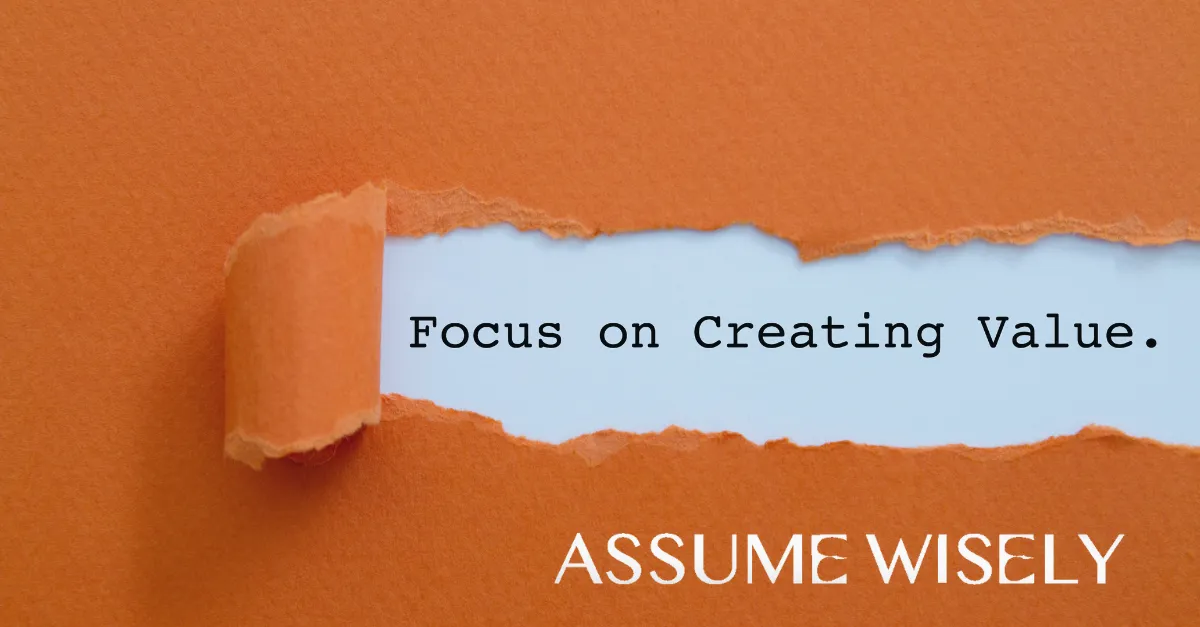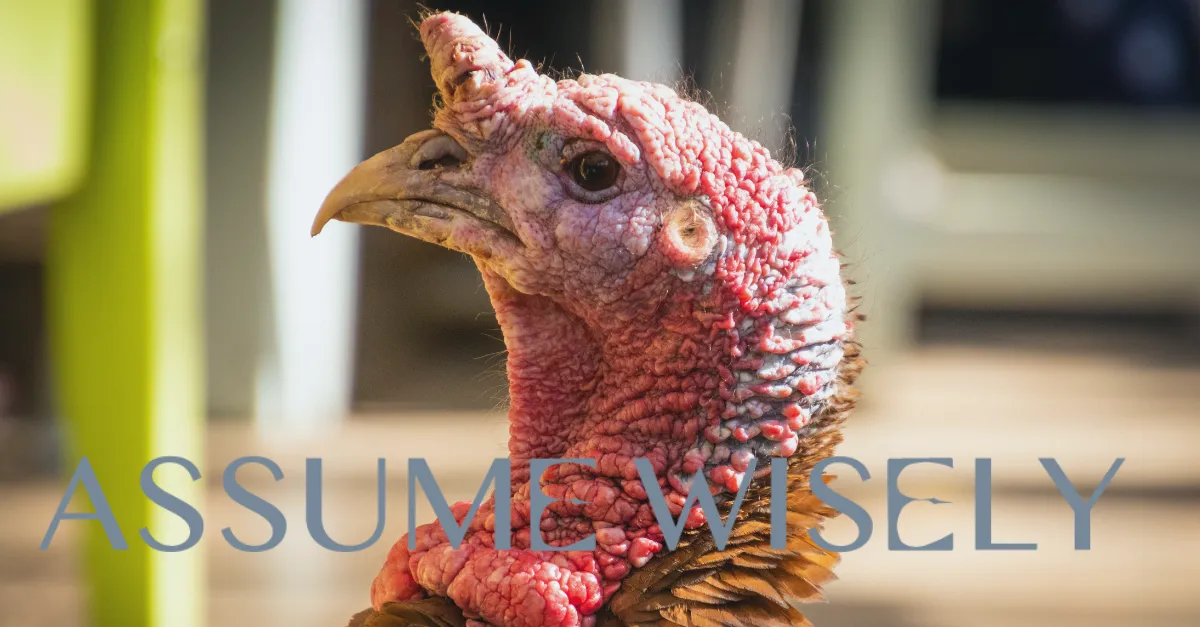But I Don’t Know What My Passions are?
Published on: 25/09/2024
I know what I like, but I don’t know what my passion are?!? I know my skills, but I don’t know my TRUE talents or the value I bring! I definitely know what I don’t like! But I can’t seem to answer what I REALLY love !
My Journey





